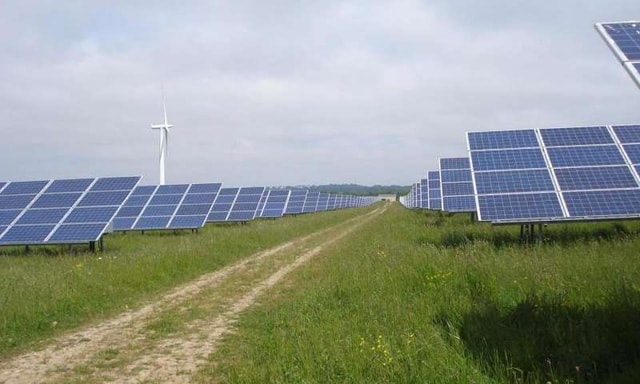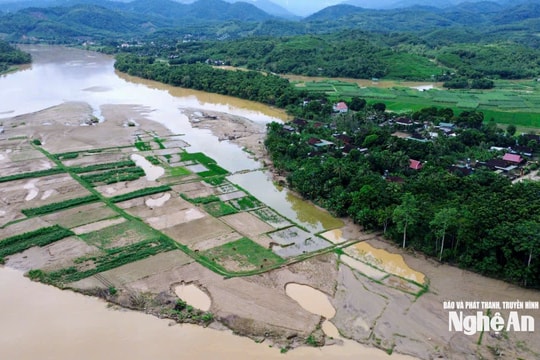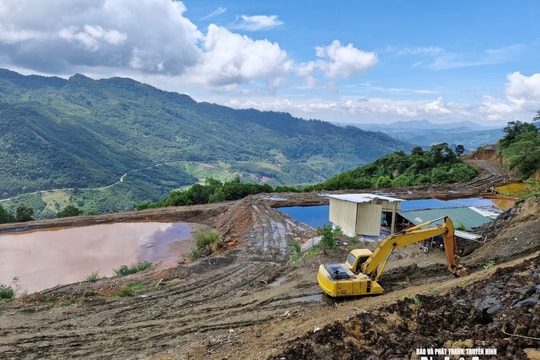How do solar panels affect the environment?
For the first time, researchers have shown the impact of solar parks on the environment, opening the door to smarter farming and better land management.
Environmental scientists at Lancaster University and the Centre for Ecology and Hydrology monitored a large solar park near Swindon for a year. They found that the solar parks changed the local climate, with temperatures measured under the panels dropping by up to 5°C during the summer, but the effects varied depending on the time of year and time of day.
As climate controls biological processes, such as tree growth rates, this is really important information that can help understand how best to manage solar parks so they benefit the environment, providing a low-carbon source of energy.
 |
The study was published in the journalEnvironmental Research Lettersin a paper on “The effects of microclimate and vegetation management in solar parks on grassland carbon cycling”.
Growing energy demand and the move towards low-carbon energy sources has driven a rapid increase in solar parks worldwide. This will result in significant land-use change on a global scale and has called for an urgent understanding of the impacts of solar parks on the fields beneath them.
Dr Alona Armstrong, of Lancaster University, said the new research raises some important questions for the future. “Solar parks are appearing in our landscape, but we are not yet sure how they will impact the local environment,” she said.
“This is particularly important as solar parks take up more space per unit of energy produced than traditional energy sources. They impact ecosystems and the provision of products such as crops and other services such as soil carbon storage. However, until this study we did not understand how solar parks impacted climate and ecosystems.”
“This understanding becomes more compelling when applied to areas with lots of sun and potentially water shortages,” Dr Armstrong added. “Shading under solar panels allows for the cultivation of crops that cannot tolerate full sun. Additionally, water loss can be reduced and water collected from large solar panel surfaces can be used to irrigate plants.”
According to Dantri
| RELATED NEWS |
|---|





.jpg)


